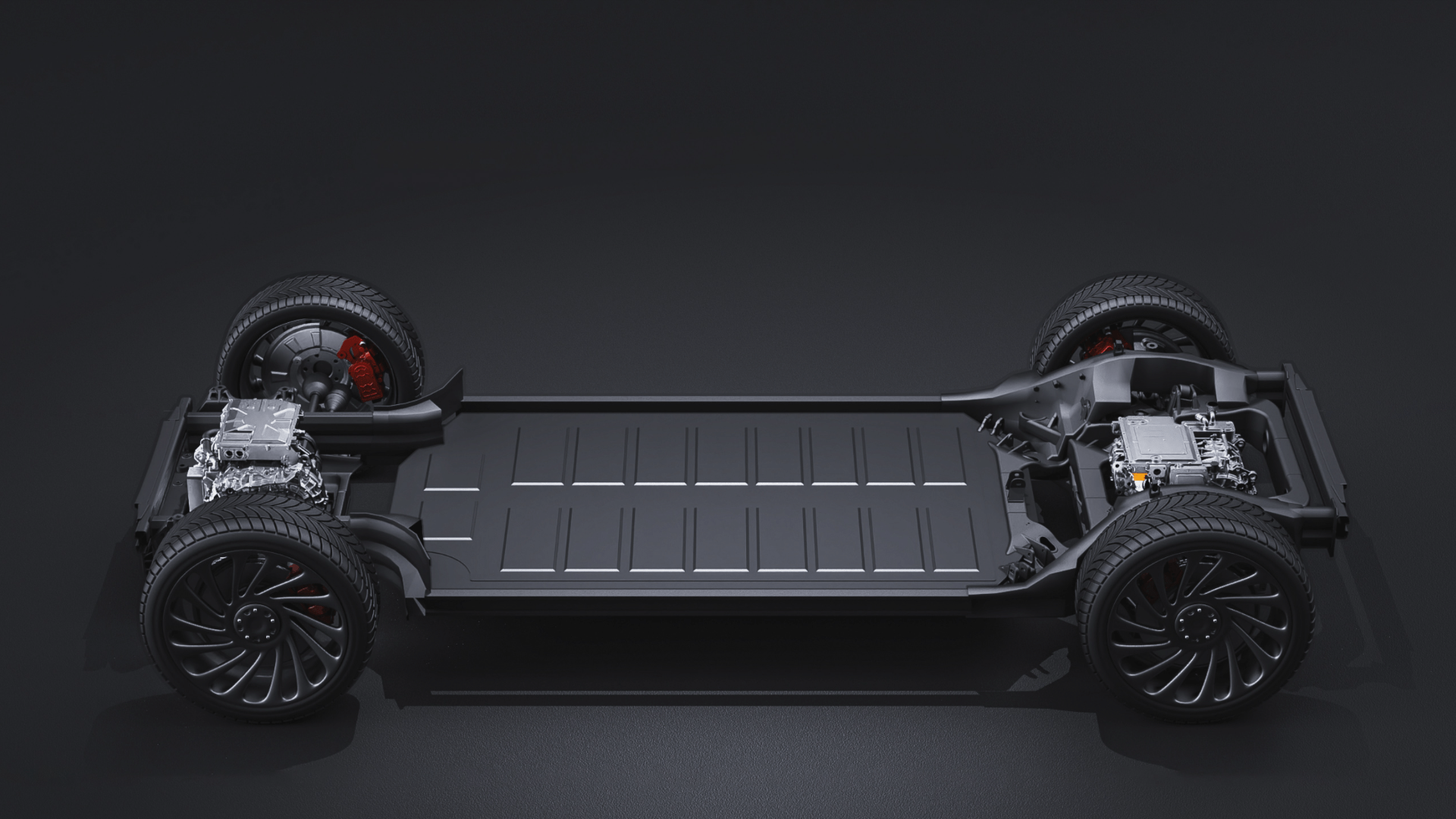Huawei has filed a patent detailing a sulfide-based solid-state battery design with energy densities between 180 and 225 Wh/lb, roughly two to three times higher than today’s typical electric vehicle batteries.
While the Chinese tech giant does not manufacture its own branded vehicles, it works closely with automakers to integrate in-house advanced technologies into electric vehicle models, including smart systems and now potentially its battery innovations.
By pursuing solid-state battery development, Huawei joins a growing list of global automakers and tech companies such as BMW, Mercedes-Benz, Volkswagen, and BYD, all racing to unlock safer, lighter, and faster-charging batteries to transform the future of electric mobility.
Nitrogen-doped sulfide-based battery
Huawei’s patent application reveals that its battery uses a method of doping sulfide electrolytes with nitrogen to reduce side reactions at the lithium interface. However, beyond this detail, the company is keeping most of its technology under wraps as competition intensifies to safely mass-produce solid-state batteries.
Additionally, Huawei theorizes that its battery technology could deliver around 1,864 miles of range and achieve a 10% to 80% charge in under five minutes, which would mark a transformative leap for electric vehicles.
While Huawei’s claims have generated excitement, experts caution that these estimates remain theoretical at present, with practical application depending on charging infrastructure that is yet to be developed commercially. Despite this, the promise of the technology and Huawei’s entry into the field have sparked fresh interest and concern among global competitors, CarNewsChina reported.
The company has shown an increasing interest in upstream battery components, even though it does not produce power batteries. Earlier in 2025, Huawei filed a separate patent application for manufacturing sulfide electrolytes, a critical material known for its exceptional conductivity and high cost—sometimes even exceeding that of gold.
China boasts EV battery dominance
China is currently celebrating its dominance in the electric vehicle market and is eager to showcase innovations that could reshape the industry. While megawatt charging has recently grabbed headlines, solid-state battery technology has been quietly developing behind the scenes for some time.
The country is expected to be among the first to bring solid-state batteries to market. In this regard, Fujian-headquartered CATL is scheduled to begin pilot production of a hybrid solid-state battery by 2027. However, industry analysts contend the timeline may be longer and the results less groundbreaking than many domestic companies claim.
In the past decade, traditional leaders like Toyota, Panasonic, and Samsung have been investing heavily in solid-state battery research and development. In 2023, Toyota revealed a prototype boasting a range of about 745 miles and a 10-minute charge time, aiming for commercial release within five years.
Meanwhile, China has quickly closed the gap. Public data shows that Chinese companies now file over 7,600 solid-state battery patents each year, accounting for 36.7% of the world’s total patent activity in this field.


